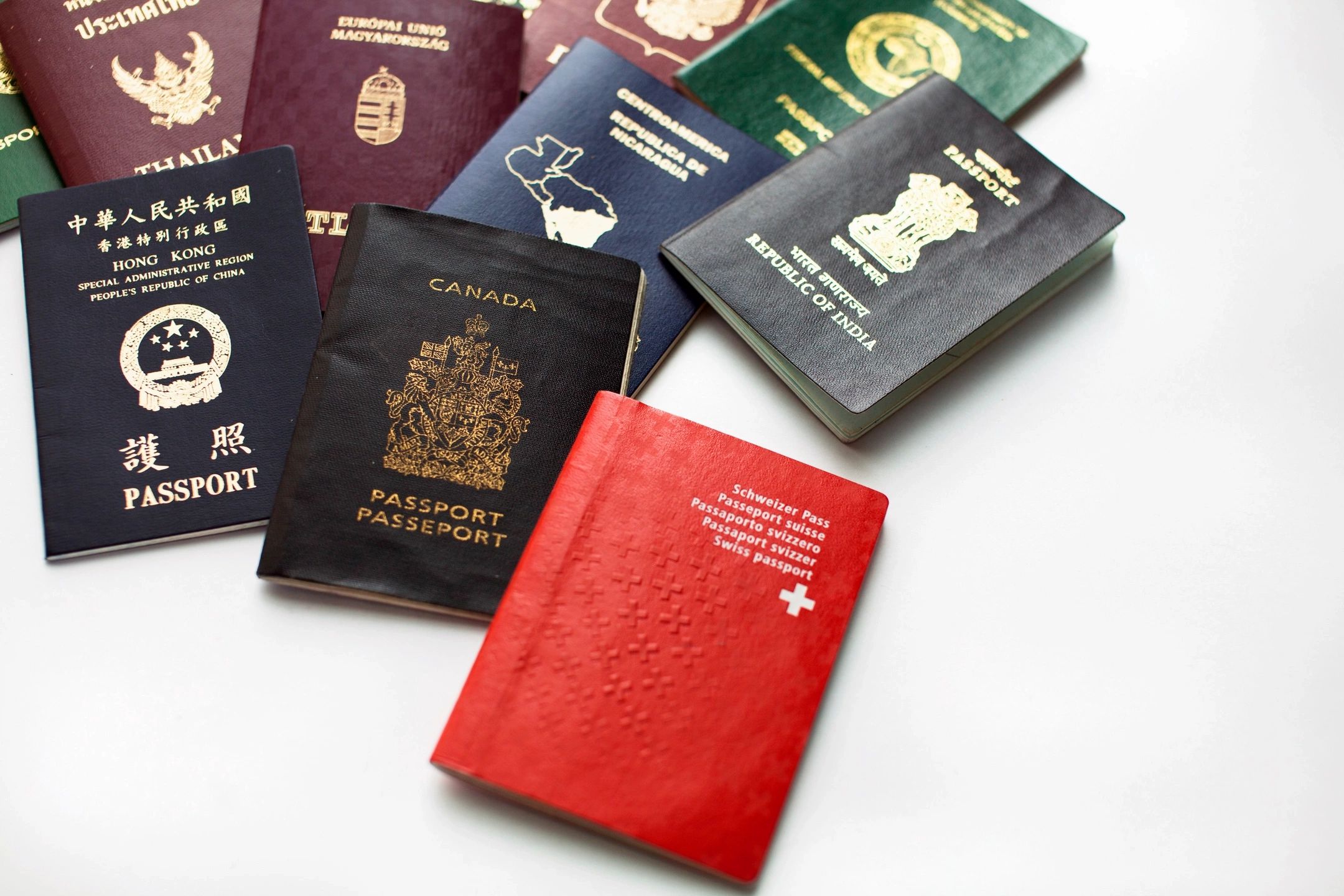When planning your next adventure, one important factor that often gets overlooked is travel insurance. Travel insurance protects you against unforeseen events that could disrupt or derail your trip. From canceled flights to medical emergencies abroad, having the right insurance can provide peace of mind and ensure that you’re financially covered in a time of need. However, not all travel insurance policies are the same. There are several different types to consider, each tailored to specific travel needs and scenarios.
In this post, we’ll walk you through the different types of travel insurance available and explain what each one covers. We’ll also provide a visual breakdown of these types to help you make an informed decision when choosing the right insurance for your trip.
Types of Travel Insurance
1. Trip Cancellation Insurance
Trip cancellation insurance is one of the most common types of travel insurance. As the name suggests, it covers the cost of canceling a trip before departure, as long as the cancellation is due to a covered reason (such as illness, death, or certain natural disasters). This insurance is especially valuable if you’ve already paid for your flights, accommodations, or tours in advance and cannot recover those costs.
Key Benefits:
- Reimbursement for prepaid non-refundable expenses.
- Covers trip cancellations due to illness, injury, or death.
- Some policies also cover cancellations due to work-related issues or emergencies.
2. Trip Interruption Insurance
Trip interruption insurance protects you if you need to cut your trip short after you’ve already departed. It can cover the additional costs of returning home early, as well as reimbursement for unused portions of your trip (like hotel stays, tours, etc.) if the interruption was due to unforeseen circumstances like a medical emergency or a family emergency.
Key Benefits:
- Covers additional transportation expenses to return home early.
- Reimbursement for non-refundable trip costs for the days you missed.
- Often covers events like medical emergencies or family deaths.
3. Medical Travel Insurance
Medical travel insurance is designed to cover emergency medical expenses that may occur while you’re traveling. This can include hospitalization, doctor visits, ambulance services, and even medical evacuation in case of a serious illness or injury that requires you to be transported to a healthcare facility.
Key Benefits:
- Coverage for emergency medical expenses abroad.
- Evacuation or repatriation in case of a severe medical emergency.
- Coverage for prescription medication and other healthcare needs.
4. Baggage Insurance
Baggage insurance provides coverage for lost, stolen, or damaged luggage and personal belongings while you’re traveling. Many policies also cover the costs of buying essential items if your baggage is delayed for a certain period.
Key Benefits:
- Compensation for lost, stolen, or damaged luggage.
- Reimbursement for items purchased while waiting for delayed luggage.
- Coverage for essential items like clothing or toiletries.
5. Travel Delay Insurance
Travel delay insurance reimburses you for additional expenses incurred if your trip is delayed for a certain period (usually six hours or more). This can include meals, accommodations, and transportation. It is especially useful for long layovers, missed connections, or delays due to weather.
Key Benefits:
- Coverage for meals, hotels, and transportation in case of a delay.
- Provides peace of mind in case your flight is delayed for an extended period.
- Can also cover costs for missed connections.
6. Emergency Evacuation Insurance
Emergency evacuation insurance covers the costs of getting you to a medical facility if you’re injured or ill in an area where proper care is unavailable. This type of insurance can also cover evacuation in case of natural disasters or civil unrest.
Key Benefits:
- Evacuation to the nearest suitable medical facility.
- Coverage for transport to your home country for continued care.
- Essential in remote destinations with limited healthcare infrastructure.
7. Cancel for Any Reason (CFAR) Insurance
Cancel for Any Reason (CFAR) insurance provides the highest level of flexibility. This option allows you to cancel your trip for reasons that are not typically covered by regular trip cancellation insurance (such as changing your mind or scheduling conflicts). However, this coverage is more expensive and typically requires purchasing within a certain time frame after booking your trip.
Key Benefits:
- Covers cancellations for any reason.
- More flexible than standard trip cancellation insurance.
- Provides reimbursement, though usually at a reduced rate (typically 50-75%).
In Summation
Choosing the right travel insurance depends on your trip and personal preferences. If you’re concerned about potential cancellations or interruptions, trip cancellation or trip interruption insurance might be your best bet. For travelers heading abroad, medical insurance and emergency evacuation coverage can be life-saving. And, of course, baggage and travel delay insurance can save you a lot of stress in case things don’t go according to plan.
Take time to assess your needs and understand the fine print of each policy. With the right travel insurance, you can travel with confidence, knowing you’re protected from the unexpected.
If you have any specific travel insurance questions or want assistance in finding the right policy, feel free to reach out. Safe travels!




Comments are closed